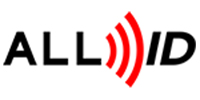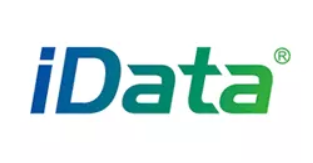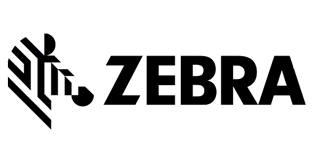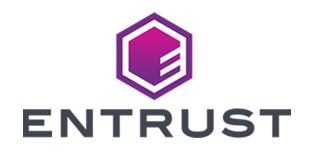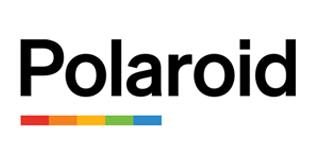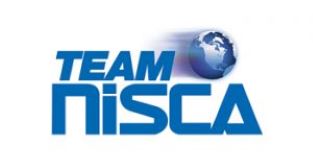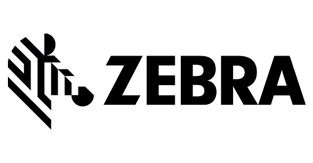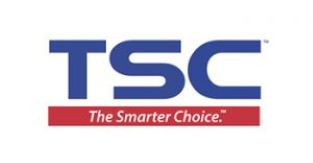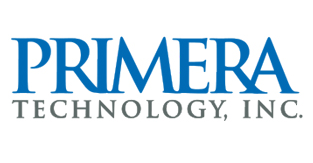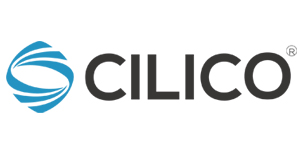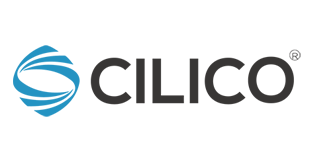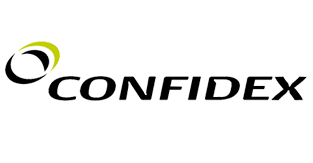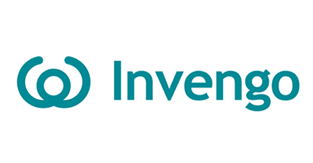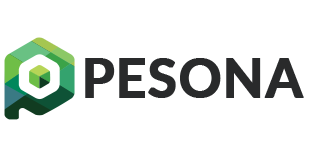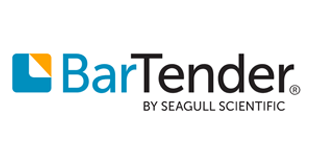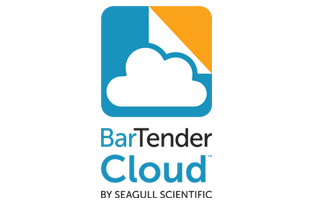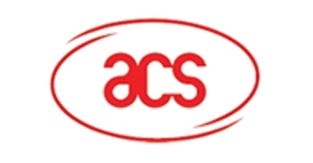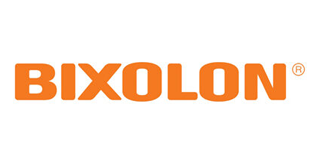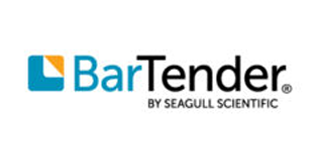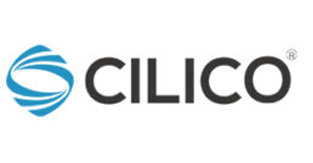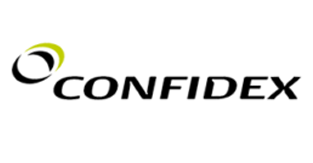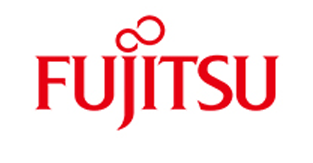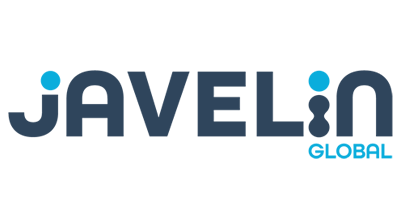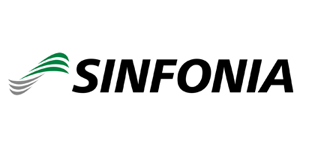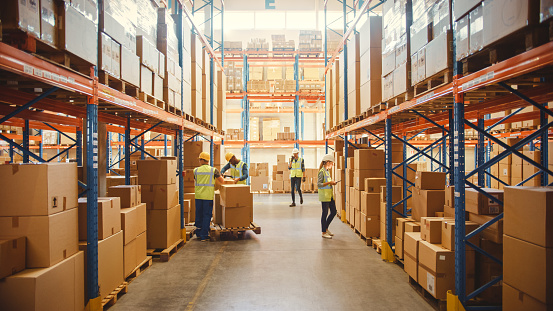Challenge
In 2017, the 400+ distribution sites and warehouses operated by global third-party logistics provider DHL Supply Chain were purchasing labels and other consumables from multiple sources, often incurring excessive shipping costs and chargebacks due to poor quality, unscannable labels. DHL had no idea what the rouge spending was costing. The company needed a consistent, cost-effective solution to contain increasing costs, better plan budgets, ensure consistent label quality and increase customer satisfaction.
Solution
DHL turned to Zebra Technologies and Barcoding Inc. to develop a single-source solution for purchase of consumables as the company’s internal procurement portal. Working together, they launched a strategic labels initiative that provides all participating sites with renegotiated volume pricing for Zebra Certified Supplies, free replacement printheads and managed label inventory.
Results
By consolidating purchasing and providing volume pricing at the corporate procurement portal, the company saved more than $100,00 in purchases of consumables in 2017, with total savings in freight and the costs of printhead replacement estimated at $273,340. By standardising on the purchase of quality Zebra labels, DHL has virtual eliminated unscannable labels and chargebacks by receiving locations.
Slashing Costs with Strategic Label Purchasing Program
DHL Supply Chain is the world’s largest logistics specialist, offering a comprehensive suite of services that support a variety of industries, including retail, manufacturing, healthcare and consumer electronics. As a third-party logistics provider, DHL Supply Chain North America moves and manages inventory for global leaders at 400+ distribution centres across the United States and Canada.
Each DHL site operates independently with a dedicated profit and loss centre. Labels and other consumables were procured separately by each location from multiple suppliers, without the benefit of corporate purchasing contract, which created inconsistency in quality and pricing and provided zero company-wide visibility into consumable spending.
In many cases, decisions were made to purchase lower-cost, and all too often, lower-quality labels from manufactures or online discounters. While this approach may have saved consumable costs in the short term, the result was often higher total expenses and dissatisfied customers. Many sites were also incurring excessive freight fees for expedited shipping of consumable from vendors located across the country.
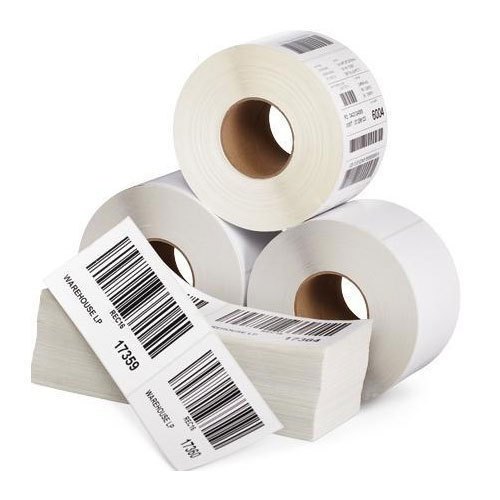
The Cost of Poor Quality
Not all labels are the same. There are many different types of labels with varying heat sensitivities that require users to adjust print settings to produce a scannable label. Using inferior labelling materials can damage a printer’s printhead reducing its overall life cycle and resulting in unreadable labels.
Many large retailers levy chargebacks or may refuse shipments altogether if a carton’s shipping label is unreadable or does not comply with their requirements. Chargeback fees take various forms and are calculated based on a percentage of a shipment’s value or a fixed rate per label that fails to meet quality standards.
Customers expect that shipments from DHL Supply Chain will be scannable. Labels that are unscannable create manual work for the receiving location, and the customer charges DHL for each label that cannot be captured in its system. Recently, labels with unreadable barcodes cot one DHL distribution centre nearly $100,000 in chargebacks from a single receiving company.
Working with DHL Supply Chain to remedy the situation, a team from Zebra Technologies supplied recommended Zebra labels for Zebra printers in use at that location. The results were outstanding. The labels were crisp with easily readable shipping addresses and barcodes that saved the site from incurring future chargebacks.
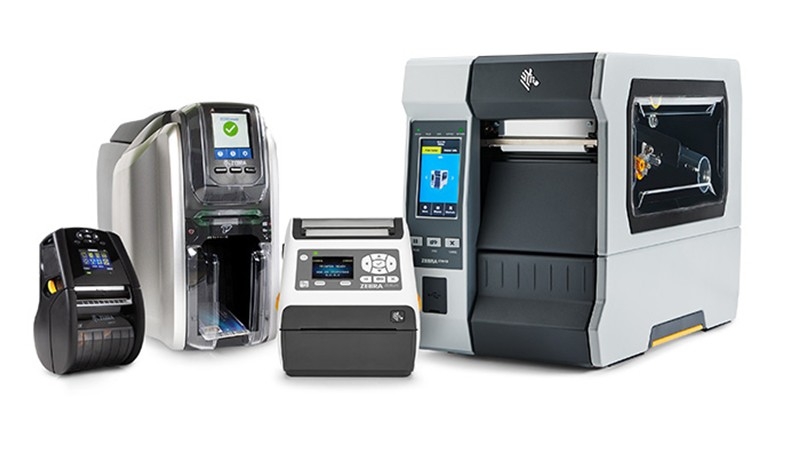
Building a Centralised Purchasing Platform
In concert with DHL, Zebra Technologies and partner Barcoding Inc. created a strategic labelling program to streamline and standardise the purchase of Zebra Certified labels and supplies that are compatible with the more than 900 Zebra printers in use at DHL’s distribution centres.
A new system, which consolidates single-source purchases of Zebra products via Barcoding Inc. on DHL’s iBuy platform, was created to provide greater purchasing power for DHL at the corporate level, negotiated discounts based on total volume and free printhead replacements.
“It is important for us to drive the use of quality Zebra labels to ensure quality delivery, quality of scans and fewer returns based on using lower-end and inconsistent products,” says Keri Speciale Corbin, director of IT infrastructure service management, DHL Supply Chain North America.
Zebra labels are available in a variety of materials, sizes, and adhesive types and are rigorously tested to ensure they meet the most demanding durability requirements. Testing includes print quality, chemical resistance, adhesive strength and printer wear and tear.
Using on-site and electronic survey data about the consumables purchasing history of multiple sites, Zebra and Barcoding Inc. worked with DHL to identify purchasing practices and volumes at the individual DHL sites, as well as pricing from competitive vendors.
“In addition to learning from the survey about the most commonly used products for which sites need immediate access, we found that several locations were purchasing products from across the country and spending excessive dollars in shipping,” says Sally Miller, CIO, DHL Supply Chain.
A Corporate Directive
In 2017, DHL Supply Chain launched it new strategic label and consumables initiative to streamline operations and build efficiencies.
“Our procurement, infrastructure and service management teams worked for a long time to develop a single-source solution like this for all consumables – including labels – for all of our DHL Supply Chain site throughout the United States and Canada,” Miller explains. “We wanted to move to a single supplier for all Zebra requirements and leverage volume purchases to secure the best price every time, a direct benefit for all sites.”
The program began as a pilot at a single location and was then rolled out to all DHL Supply Chain sites. Each site received a welcome kit including information about the iBuy platform, the importance of purchasing quality Zebra labels and Zebra Printhead Protection Program. Printhead replacement was a critical component of the program because print quality issues are the direct result of improper use or care of the printhead. Moreover, since the printhead is the costliest consumable component of a barcode printer, averaging several hundred dollars each, free replacement represents significant savings for DHL operations.
Now, as part of the strategic initiative, anticipating DHL sites that use Zebra Certified Supplies exclusively can now receive replacement printheads at no charge. According to Miller, there are more than 900 Zebra printers in operation throughout the DHL Supply Chain sites. “If we’re able to save the cost of one replacement printhead for each printer, our annual savings will exceed $400,00,” she says.
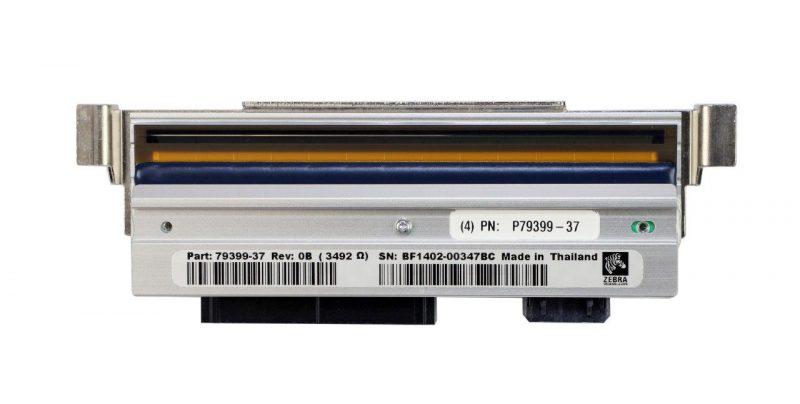
Consolidated Purchasing Drives New Savings
After just 18 months, the new strategic purchasing program is delivering significant savings for DHL’s supply chain organisation. Already, the company has saved more than $100,00 in consumables purchasing in 2017. When factoring in total savings on freight and the cost of printhead replacement, the company saved an estimated $273,340. As the program is rolled out to all of the sites, savings are expected to grow exponentially.
“DHL recognised that the savings were possible but realised that they had to be part of the solution,” highlights Dave Reba, director, consumables sales, Barcoding Inc. “DHL is hands-on with this initiative” continues Reba, “working in a very highly-collaborative environment to make sure the program is successful for all”
DHL sites have reported a drastic reduction in the number of unreadable barcodes eliminating the need for returns and expedited shipments. By switching to Zebra labels, the site that had previously received chargebacks in excess of $100,000 has now virtually eliminated those costs.
The program has also helped DHL better manage the point at which the product ships to the DHL sites to reduce shipping costs without having to carry additional inventory. “The goal was to have shorted ‘in-transit’ lead times and fewer expedited shipments for outages,” notes Miller. Miller cites a hypothetical example of a DHL site in Texas, in which a switch from purchasing stock labels from an East Coast supplier to a Zebra converting facility in Texas would result in an estimated annual savings of approximately $400 per shipment of 10 cases, with next-day delivery for each shipment, rather than four to five days.
“Thanks to the new strategic labels initiative, we quickly learned how consolidating our spend would give us greater visibility about spend, improve quality and control expenditures,” says Miller.
Article Credit: https://www.zebra.com/content/dam/zebra_new_ia/en-us/solutions-verticals/vertical-solutions/transportation-and-logistics/success-stories/t-and-l-success-story-dhl-supply-chain-en-us.pdf
